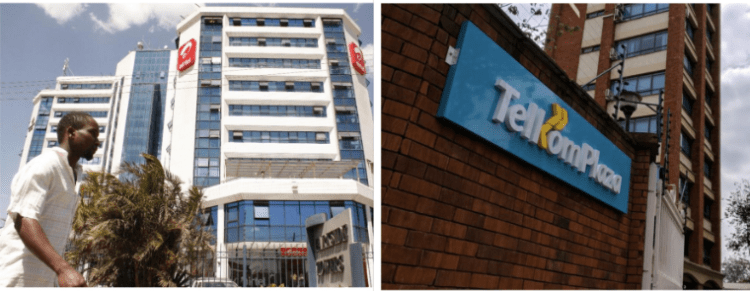Telkom-Airtel joint venture, announced last week, is an incentive to enhanced market competition in the telecommunications marlet.
“The combination of two small players with a combined subscriber share of 30%, in our view, would offer an opportunity for almost immediate improvement of financial health (cost optimization) and network capacity. Should the JV (joint venture) be allowed to retain the entire spectrum, the spectrum holding would become comparable to that of Safaricom,” says Citi Research in its Telecommunications Operators report.
The venture will offer relief in network investments (Ksh1-2bn p.a. from each smaller operator vs Ksh35- 38bn guided by Safaricom for 12m to March 2019) will offer high leverage and absorb its joint losses.
These are some of the constraints that have slowed down small players from staying competitive for a sufficiently long time to be able to gain and maintain meaningful value share.
The move may also signify that the expected regulation to address Safaricom’s monopoly stature in the market may not suffice.
“The timing of the announcement we think is interesting as it comes when the market consultation, following market review, moves to a final phase with the decision and recommendations expected to be announced in early spring 2019,” says Citi.
Telkom-Airtel joint venture agreement will receive regulatory approval given the affirmative comments from the ICT Cabinet Secretary Joe Mucheru and National Treasury Cabinet Secretary Henry Rotich.
Even with the big changes in the telecommunication sector, Citi still maintains its target price for Safaricom stock at Ksh27. Risk factors likely to prevent the stock from hitting its target price include; prolonged competition from the rival firms; unfavorable financial regulations like agent interoperability; entry of low-cost international payment facilities; and macro-economic risks.
As at close of business on Friday 8 February, Safaricom shares traded at Ksh26.85 per share.




